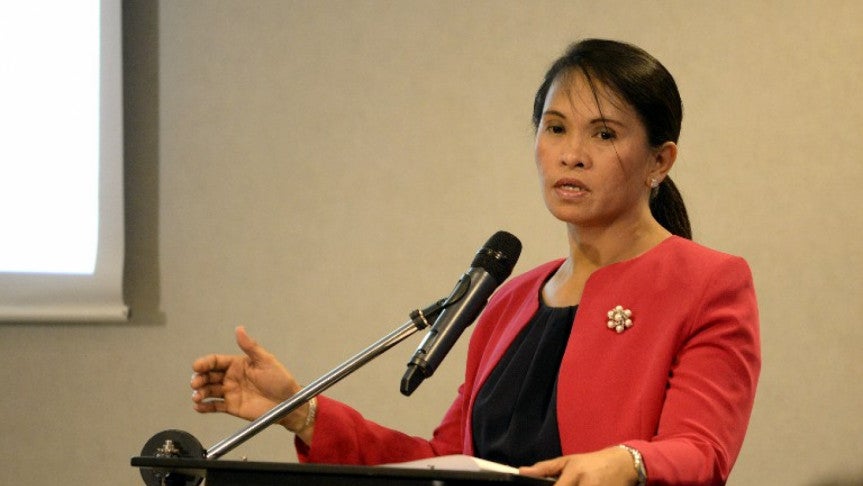Charges sought in $81 mn Philippine money-laundering scandal

Manila, Philippines: A watchdog body on Tuesday sought criminal charges against two suspects allegedly behind an $81 million money-laundering scandal that has shaken the Philippines.
The Anti-Money Laundering Council asked Justice Department prosecutors to file charges against businessman Kim Wong and Chinese casino junket operator Weikang Xu for their alleged role in laundering the sum stolen from Bangladesh’s foreign reserves through the Philippines.
The hackers managed to transfer the $81 million from the account of the Bangladesh Bank (central bank) with the Federal Reserve Bank of New York.
They moved the sum electronically to RCBC bank in the Philippines and it eventually ended up in casinos in Manila—where most of it has disappeared.
The hackers apparently took advantage of Philippine laws granting strict secrecy to bank depositors as well as exempting casinos from money-laundering oversight.
The complaint, citing testimony of a Senate probe of the scandal last week, showed that the accounts of both suspects had received the money.
‘Wong knew or should have known that the funds that were remitted/transferred... were part of the stolen funds from Bangladesh Bank, and are therefore proceeds of an unlawful activity,’ the complaint read.
The justice department has also summoned Maia Deguito, branch manager of the RCBC bank, to answer questions ahead of possible charges against her as well.
RCBC bank, one of the country’s largest, said it had sacked Deguito as well as assistant branch manager Angela Torres over the scandal.
The two were fired for ‘violating bank policies and procedures and falsification of commercial documents,’ and for facilitating the alleged money-laundering of the $81 million, an RCBC statement said.
‘Appropriate charges in court will be filed by the bank against Deguito and Torres by next week,’ RCBC said.
Other bank officials will likely face ‘various sanctions,’ in the coming days, it added.
Deguito had previously denied any wrongdoing but also said she was living in fear.
‘I did not do anything wrong. If this is a nightmare, I want to wake up now,’ she previously told a Manila TV station.
The incident has raised fears that the Philippines will be seen as a haven for money-laundering despite previous efforts to tighten controls.
Julia Abad, executive director of the Anti-Money Laundering Council, conceded that money-laundering laws needed improvement.
She said that when the $81 million came into the country’s banking system, it failed to raise eyebrows because similar huge amounts were already coming in.
‘On its face, there is nothing irregular about that transaction of $81 million,’ she told reporters on Tuesday.
But she also said her council only had about nine analysts overseeing hundreds of transactions each day.
Abad said the council’s powers should be increased to cover the growing casino industry, adding that the Philippines was one of only two countries that exempted casinos from money-laundering rules.

 AFP
AFP




